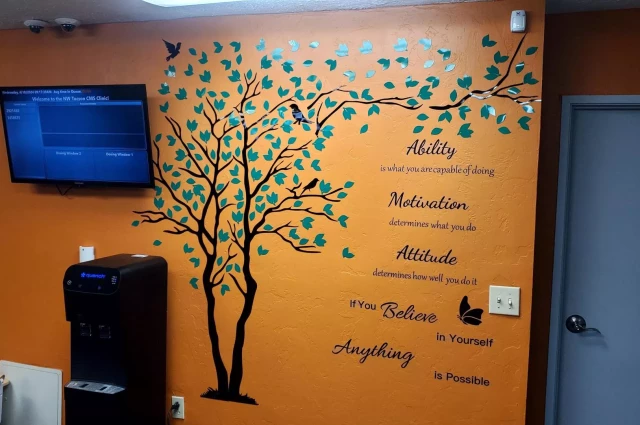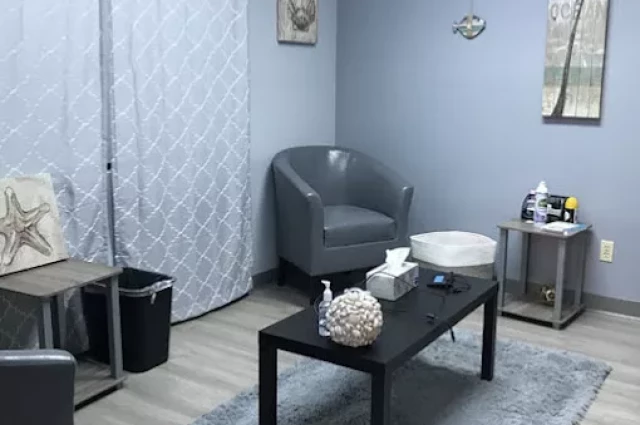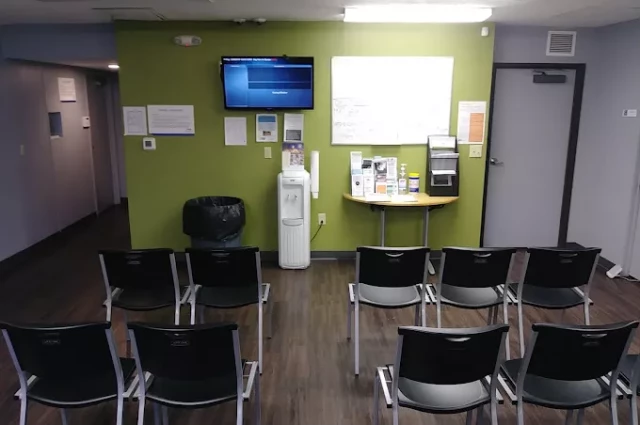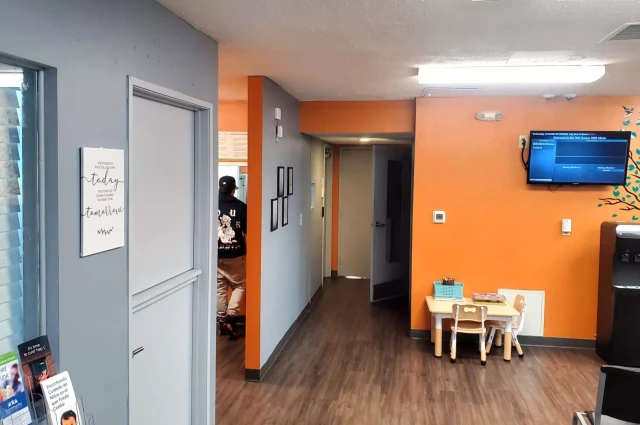Community Medical Services Northwest Tucson Information
Treatment
Who We Treat
- Male and Female
- Pregnant Women
Treatment Focus
- Drug Addiction
- Opioids
- Medication-Assisted Treatment
Approaches
- Group Therapy
- Medical
- Evidence-Based
- 1-on-1 Counseling
- Cognitive Behavioral Therapy (CBT)
- Motivational Interviewing
- Medication-Assisted Treatment (MAT)
- Individual Treatment
- Life Skills Training
- Relapse Prevention Counseling
Substances We Treat
- Prescription Drugs
- Heroin
- Opioids
- Synthetic Drugs
Aftercare
- Relapse Prevention Planning
- Continuing Care
- Discharge Planning
- Mentoring and Peer support
Level of Care
- Outpatient
Experience
Smoking and Vaping Policy
- Smoking Not Allowed
- Vaping Not Allowed
Accreditations
-
Commission on Accreditation of Rehabilitation Facilities (CARF)
CARF accreditation is a prestigious recognition for rehabilitation and human service organizations. It signifies that an organization meets high-quality standards and is committed to providing top-level care. CARF conducts rigorous evaluations to ensure compliance, enhancing an organization's credibility and reassuring clients and funders of exceptional service quality. This accreditation promotes excellence and continual improvement in the rehabilitation and human services field.

Community Medical Services Northwest Tucson Accepts The Following Insurance Plans
Find the best treatment options. Call our free and confidential helpline today!




